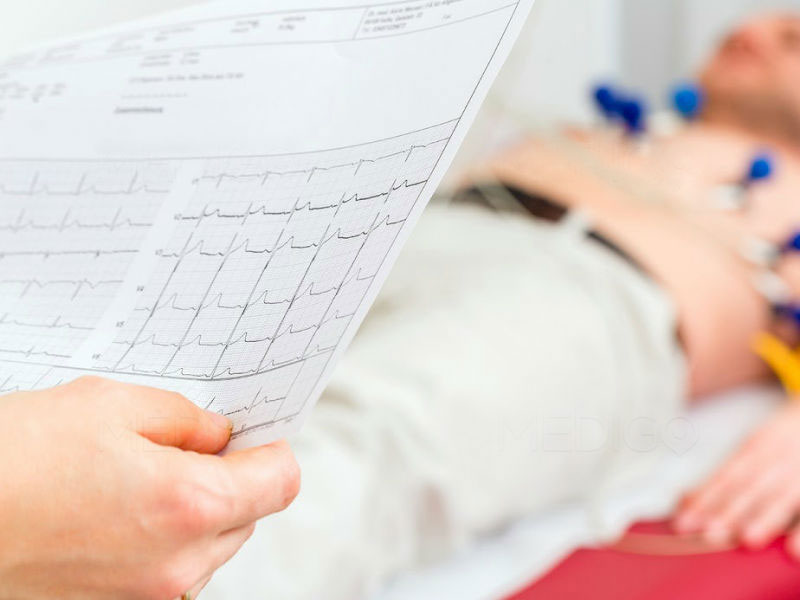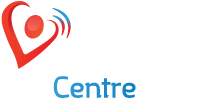Electrocardiogram (ECG)
What is an Electrocardiogram?
An Electrocardiogram also called an ECG is used to monitor your heart
Each beat of your heart is triggered by an electrical impulse normally generated from special cells in the upper right chamber of your heart. Electrodes (electrical conductors) are placed on the chest, arms and legs in order to record these electrical signals as they travel through your heart. A trained personnel will attach soft, sticky patches called electrodes to the skin. This helps detect your heart's electrical activity from many areas at the same time.
Why is it important to have an Electrocardiogram?
An Electrocardiogram is usually the initial stage in cardiac investigation used to study many heart problems. It is a non-invasive, painless test with quick results. An ECG will help to identify:
- How fast your heart is beating
- Whether the rhythm of your heartbeat is steady or irregular
- The strength and timing of electrical signals as they pass through each part of your heart
How long does the ECG take?
The entire test takes about 10 minutes.

Upcoming Services
Holter Analysis
In medicine, a Holter monitor is a portable device for continuously monitoring various electrical activity of the heart for at least 24 hours (often for 7 days at a time). The Holter's most common use is for monitoring heart activity (electrocardiography or ECG). Its extended recording period is sometimes useful for observing occasional cardiac arrhythmias (abnormal heart electrical activity), in symptomatic patients, which would be difficult to identify in a shorter period of time. For patients having more transient symptoms, a cardiac event monitor which can be worn for a month or more can be used.
Pediatric Echocardiography
Pediatric Echocardiography, commonly referred to as pediatric echo, is today the primary imaging tool in the diagnosis and assessment of heart diseases in infants and children. This specialised procedure, which uses high frequency ultrasound, is mainly used for the detection of congenital heart disease (heart defect present at birth). This technique is also used for the evaluation of murmurs and is an essential tool to evaluate the effectiveness of medical therapy and surgical treatments.
What is an Electrocardiogram?
An electrocardiogram also called an ECG is used to monitor your heart
Why is it important to have an Electrocardiogram?
- How fast your heart is beating
- Whether the rhythm of your heartbeat is steady or irregular
- The strength and timing of electrical signals as they pass through each part of your heart
How long does the ECG take?
The entire test takes about 10 minutes.
